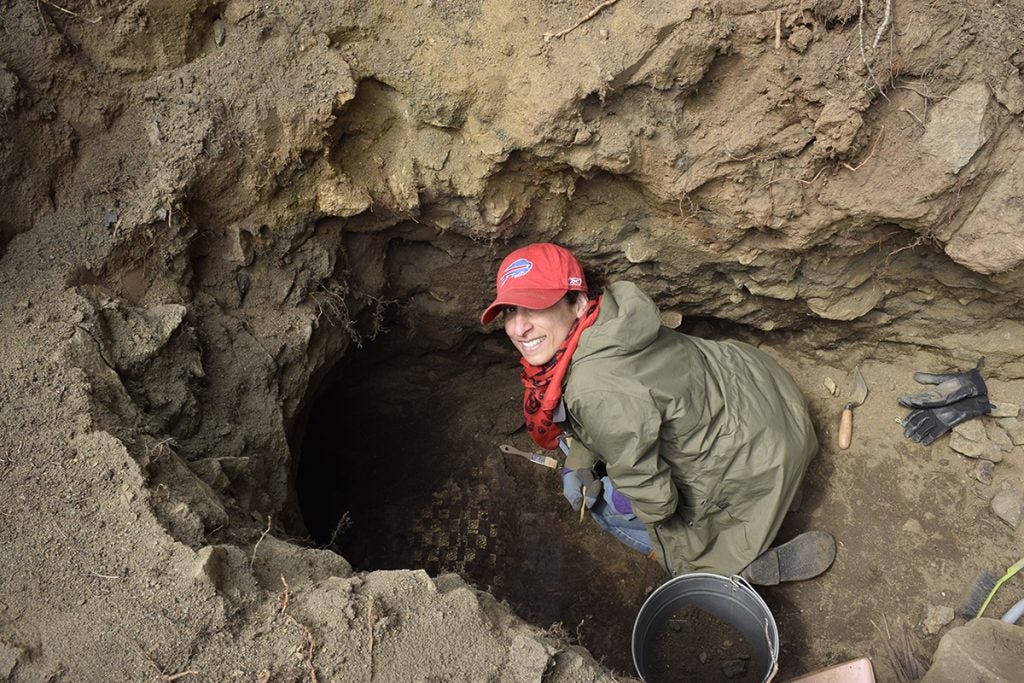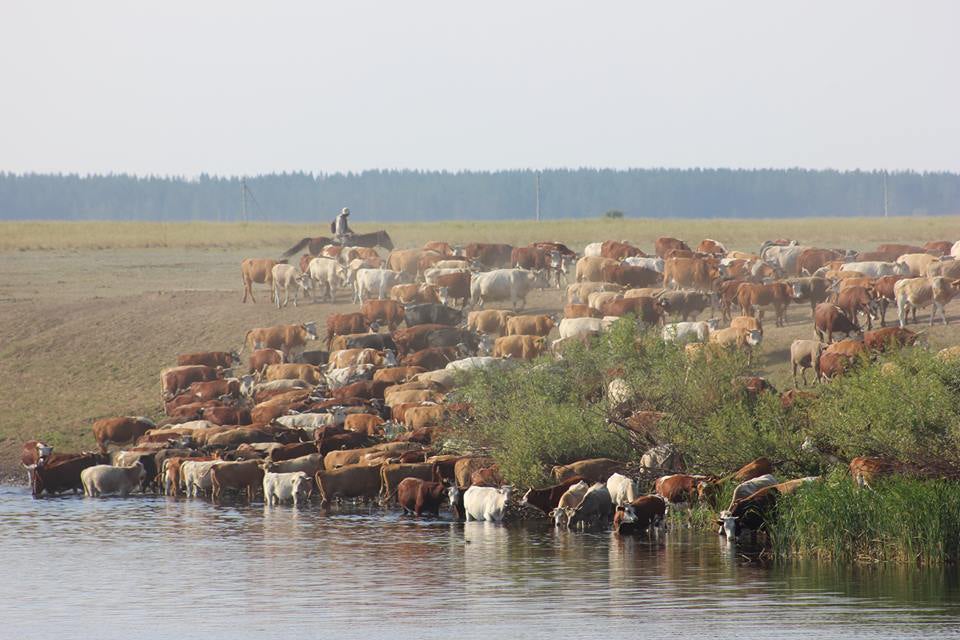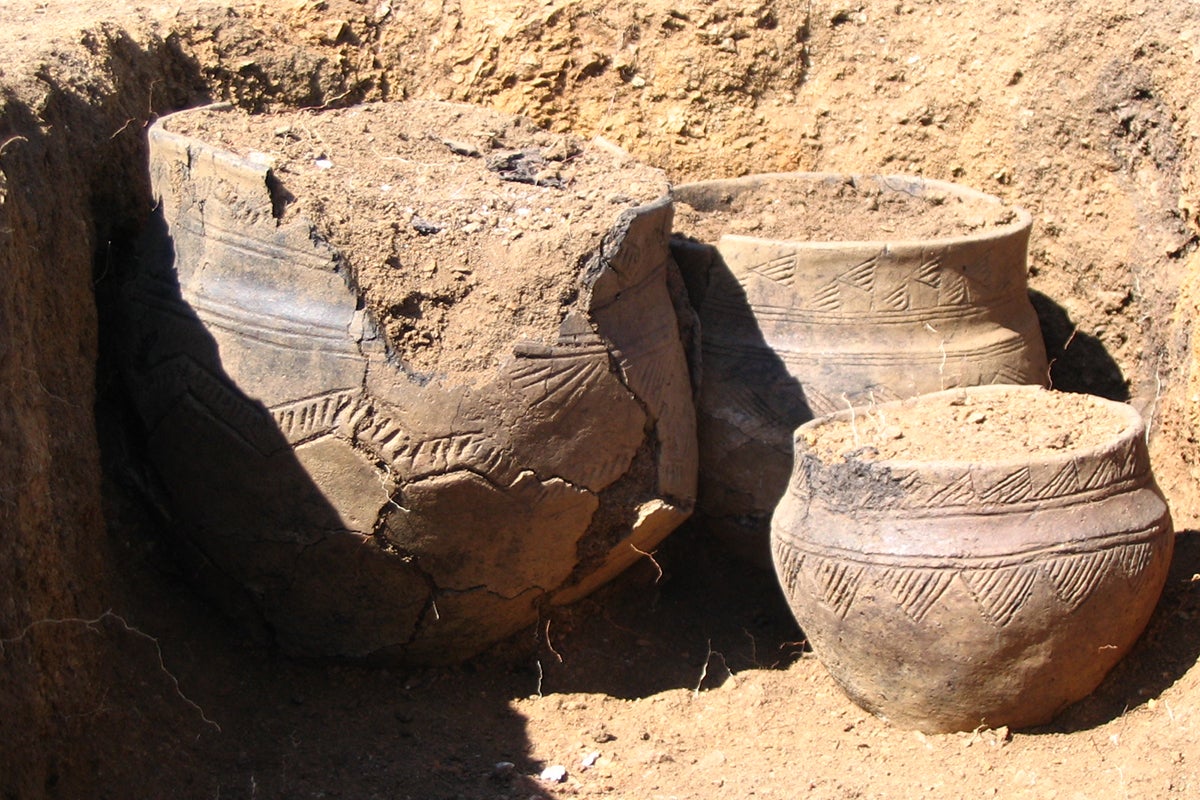The Ventresca Miller collaborative is research environment where scientists work together and communicate with each other, while participating in joint scientific endeavors. Our core collaborative research investigates connections between humans, foodways, and landscapes. We study human diets and movement across the landscape, as well as track the introduction and management of domesticated animals. We accomplish this by combining isotopic and proteomic evidence with other data, including archaeologies, histories, and genomics.
The integration of multiple lines of information allows us to study the driving forces behind the emergence of complex societies and urbanization over long time spans. Our group examines how the transmission of domesticates, commodities, and populations impacted societies. Our research uses a multi-species anthropological approach to examine the mechanisms fueling urbanization including residential mobility, settlement provisioning, and the adoption of domesticates. We connect these findings with the influx of people and pathogens, to understand their impact on proto-urban and urban locales.
Our current research projects emphasize:
- The reconstruction of dietary intake of prehistoric societies
- The extent of human mobility in the past
- Livestock management and landscape use
- The introduction of dairying
- Anthropogenic impacts and shifting landscapes in the past
- The timing of the adoption of domesticated plants and animals
- Variation in trajectories of human societies after the adoption of domesticates








